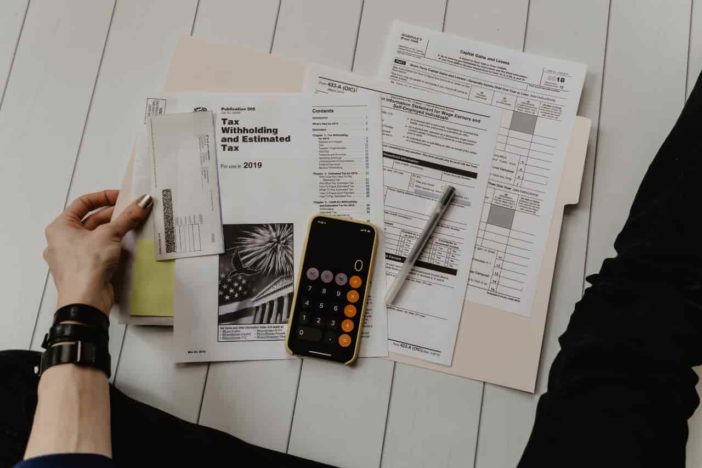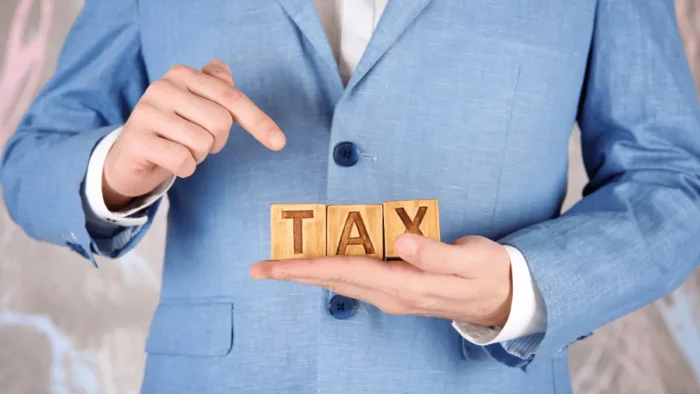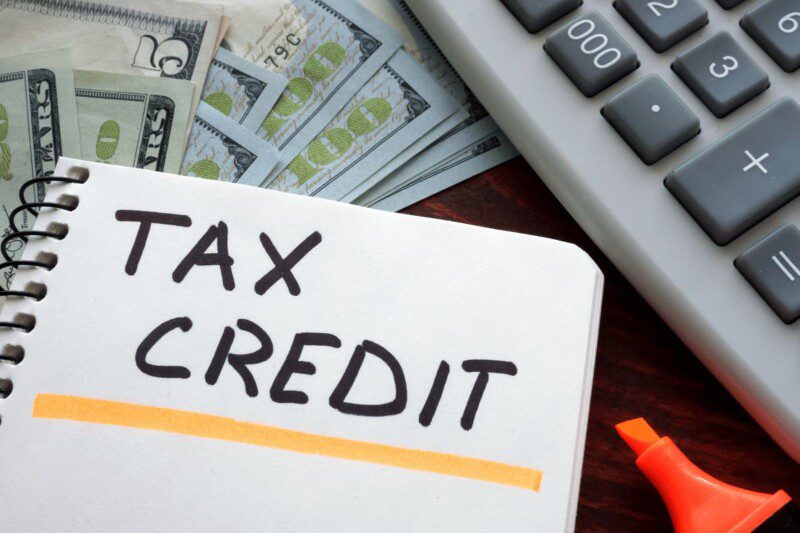The new tax year is upon us and it’s time for a fresh start for our finances. Here are 5 tips to make the most of the new financial year and tax allowances.
1. Get a Financial Health Check
The start of a new tax year is a great time to assess progress and reorganize your financial situation. Look at your debt and see if you can manage it better. Start by looking at potential areas for savings to help with repayments and always pay your most expensive debts off first.
Try transferring balances to 0% interest rates to save but beware of transfer fees. Paying more than minimum repayments each month could help to see you debt-free in the next financial year! If you’re a saver skip to number two…
2. Get Saving
If you didn’t use your ISA allowance last year see if you can make the allowance this year. Try to switch your utility/insurance providers for a better deal and stash more away in an ISA.
The current limit is £11,880, of which half can be in cash. But from July 2014, new rules mean the threshold will go up to £15,000 in any mix of cash, stocks, and shares. Many people don’t get round to using their ISA allowance until the end of the tax year, but you are missing out on returns that way as you’ll pay tax on the interest until it’s in an ISA. So if you have non-ISA savings put them into an ISA as soon as possible to reap the rewards.
3. Get Generous
Giving away money may sound contradictory to the previous advice on savings, but every tax year you are allowed to give away up to £3,000 without that cash being liable for Inheritance Tax. Any other money you give away could be taxed if you die within seven years and your estate is above the £325,000 inheritance tax threshold. You can rollover any unused allowance from the previous tax year but only for one year.
4. Check PAYE Code
The increase in personal allowance to £10,000 introduced in the Budget this year increases the amount an individual can earn before being subject to income tax. This increase means that a basic rate taxpayer will pay £112 less tax each year. It is important that you check your PAYE code if you are employed to ensure you are receiving this increased allowance; you should expect your tax code to be 1000L on your payslip unless you are aware of any deductions or additional allowance.
5. Avoid Tax Demands
You could receive a tax demand if you are affected by child benefit changes. Following the changes in 2012/13, when an individual is earning in excess of £50,000 their entitlement to Child Benefit is withdrawn at 1% for every £100 over this limit until it is completely removed at £60,000 and above. If you earn over £60,000 and have not already requested that your Child Benefit stop, it is advisable you do so now to avoid a tax payment shock next year. Chances are, if you have not already stopped your claim and earn above £50,000, you will get a tax demand between now and 31 January!



